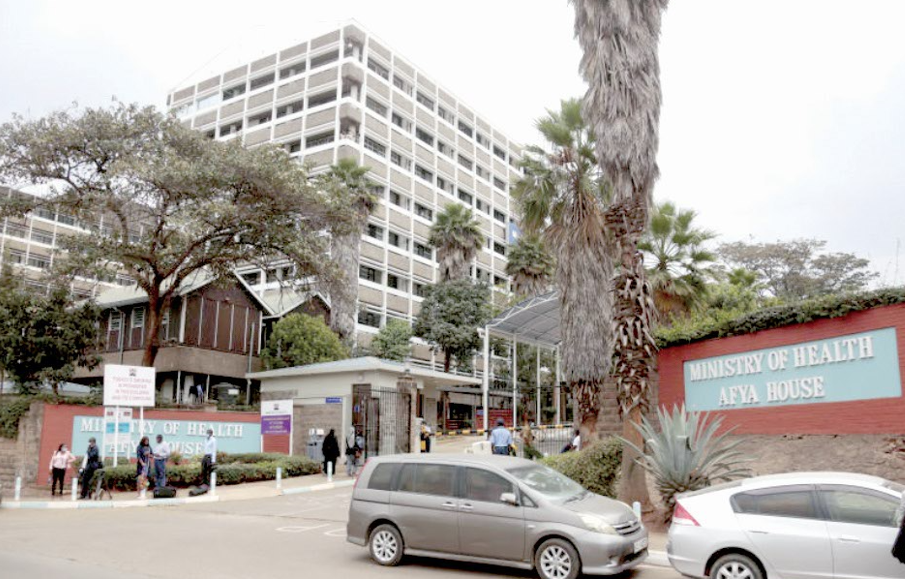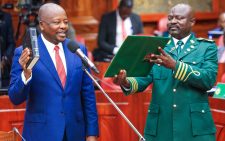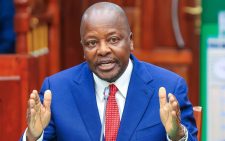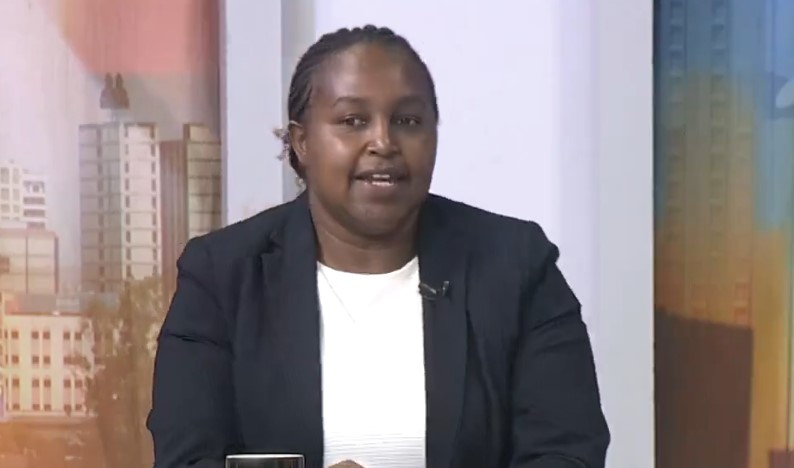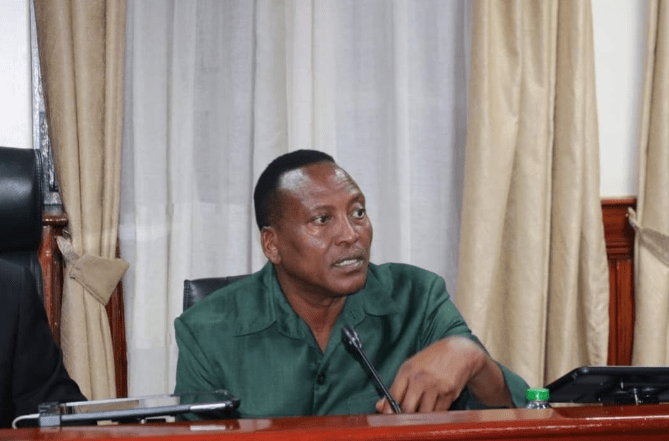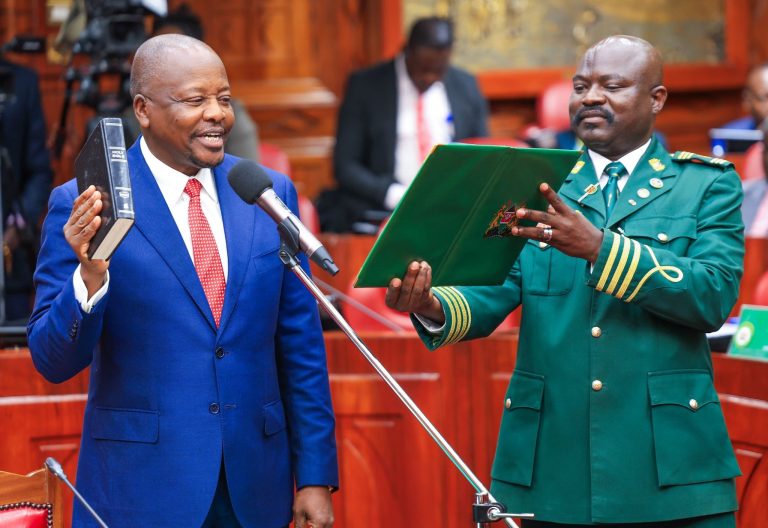Health Cabinet Secretary Kagwe to face Senate over Amoth
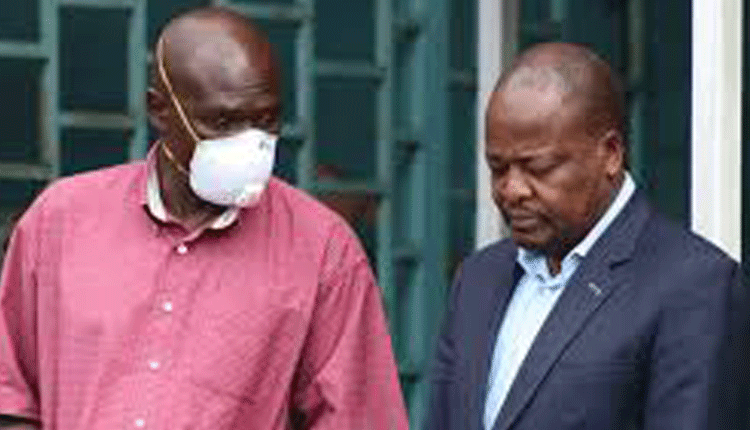
Senators have summoned Health Cabinet Secretary (CS) Mutahi Kagwe to explain why he has not appointed a substantive Director-General (DG) in the ministry.
Dr Patrick Amoth has been acting for three years despite a directive by the Head of Public Services Joseph Kinyua, that a public officer cannot act in a position for more than six months.
Nandi Senator Samson Cherargei wants the CS to state whether his ministry has established an organisational structure comprising technical directorates and whether the directorates are headed by directors in a substantive acting capacity.
“The CS should state whether his ministry has established the office of the DG; whether the position is substantively filled and functional,” Cherargei states.
Delayed confirmation
The senator said the delayed confirmation of Amoth to the office of the DG was raising questions as to whether the CS had a preferred candidate for the position.
The senator further wants Kagwe to provide details of the officers who have served in an acting capacity as DG, including details of their appointment dates, appointing authority, terms and duration of service.
The CS should elaborate on the measures that the ministry has taken to ensure the sustainability of its systems, structures and processes in the absence of a substantive DG and /or technical directors.
“In his response, the CS should explain how representatives of the DG in relevant statutory Boards and Councils, have been nominated or appointed in the absence of a substantive DG,” Cheralgei says.
Senate Speaker Ken Lusaka has since directed the statement to the Standing Committee on Health; whom he asked to deliver a report in two weeks time.
Even though Amoth has been acting for the longest period, the World Health Organisation (WHO) elected him the chairperson of its Executive Board.
The board holds sweeping powers in the operations of the organisation and Amoth will have enormous authority in the Board.
Necessary steps
The Board’s functions include giving effect to the decisions and policies of the World Health Assembly, acting as the executive organ of the World Health Assembly (WHA), to perform any other functions entrusted to it by the WHA.
The Board also advises the WHA on questions referred to it by that body and on matters assigned to the Organisation by conventions, agreements and regulations.
It also Board also submits advice or proposals to the WHA on its own initiative, prepares the agenda of meetings of the WHA, submits to the WHA for consideration and approval a general programme of work covering a specific period, studies all questions within its competence, takes emergency measures within the functions and financial resources of the organisation to deal with events requiring immediate action.
The Board also has powers to authorise the DG to take the necessary steps to combat epidemics, to participate in the organisation of health relief to victims of a calamity and to undertake studies and research.
